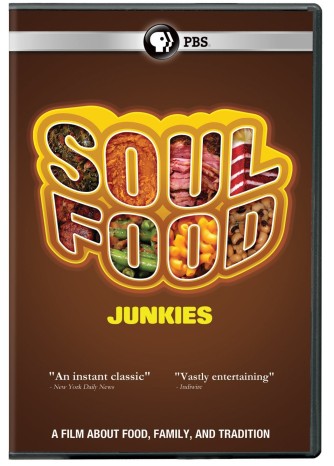What is soul food? What makes a meal soul food? Why do many of us have such a powerful connection to soul food? Does adopting a vegan lifestyle mean no more soul food? These questions may be important to answer if you are contemplating or trying to become vegan.
In the documentary Soul Food Junkies, award-winning documentary film maker Byron Hurt searches for answers to these questions. The PBS Independent Lens website says:
In Soul Food Junkies, Hurt sets out on a historical and culinary journey to learn more about the soul food tradition and its relevance to black cultural identity. Through candid interviews with soul food cooks, historians, and scholars, as well as with doctors, family members, and everyday people, the film puts this culinary tradition under the microscope to examine both its positive and negative consequences. Hurt also explores the socioeconomic conditions in predominantly black neighborhoods, where it can be difficult to find healthy options, and meets some pioneers in the emerging food justice movement who are challenging the food industry, encouraging communities to “go back to the land” by creating sustainable and eco-friendly gardens, advocating for healthier options in local supermarkets, supporting local farmers’ markets, avoiding highly processed fast foods, and cooking healthier versions of traditional soul food.
http://youtu.be/4ex5LbsIzDs
You can watch the full movie here. http://youtu.be/nGKcMvG45tY
What struck me about the film was how many people talked about tradition and the social aspect of soul food. While the food tastes great, it is the time spent with friends and family associated with the soul food that has a strong pull to eating the high fat, and animal product filled food that is traditionally a part of the soul food diet.
I certainly remember many such meals with my former in-laws at holidays and family reunions. Not only were the meals themselves times for getting together with family and friends, the preparing of the meals were often social, communal times. Women in the kitchen and men on the grills prepared mounds of rich and flavorful food.
And as I looked around at the family I saw the majority of them over weight and as they aged, suffering from the diseases that so often are seen in African Americans. Diseases that killed my grandparents and my former mother-in-law, like diabetes, high blood pressure, heart disease etc.
If tradition, the company of friends of family, the sharing of stories and love, life milestones and holidays are an important part of our soul food tradition, what can we do to recreate that same feeling without committing Nutricide as Liala Afrika described in his book by the same name?
Vegan Lifestyle: Redefining Soul Food
Examine the tradition: For Afrikan people living in the Americas, many if not most of us are here as a result of slavery. As a result, many of the soul food dishes are derived or adapted from that time of enslavement and the resulting poverty that many of our ancestors suffered through. Over the years we have added to that tradition the “Biggie Sizing” and an increasing focus on the meat rather than the veggies.
If we go back further, to the traditions of Afrikans on the Afrikan continent, we will find the healthier roots of many of our favorites like the Red Red dish I loved in Ghana. So examine our tradition and reclaim the healthier plant-based roots.
Spice it up baby! Did you know it’s not the meat that makes it taste good? It’s the spices and seasoning. Ditch the animal but keep the Cajun seasoning, the gumbo file, the cayenne pepper, the sage, the onions and garlic. Turn that nut pate (or whatever) into a soul food delight just by adding the right spices.
Share the love. What we should savor is the time together as friends and family. There is no reason that same conversation, laughter, sharing and bonding time can’t happen over healthy food. Even if your friends and family aren’t on the healthy eating band wagon, you can add healthy options to the table. This way YOU have something healthy to eat and you may find others will be happy about that too. Over time this may help other healthier options to get incorporated.

 Get support. Find other Black Vegetarians who you can talk to and share ideas. Visit us here often. Find groups of black vegans on Facebook. Search out Black Vegetarian Society groups that exist in many large cities. Go to or start a vegan soul food pot luck. Look for vegan soul food recipe books from authors like Bryant Terry and Afya Ibomu. Or even me!
Get support. Find other Black Vegetarians who you can talk to and share ideas. Visit us here often. Find groups of black vegans on Facebook. Search out Black Vegetarian Society groups that exist in many large cities. Go to or start a vegan soul food pot luck. Look for vegan soul food recipe books from authors like Bryant Terry and Afya Ibomu. Or even me!
Start a new tradition. Use the above steps to help you start a new tradition for your family. If you have children, help them associate the holiday and family gatherings and traditions with healthy life affirming food and behaviors. We may not be able to change others around us (nor should we try) but we can do what we can to help the next generation develop a strong connection to a different kind of soul food.
Now let’s hear from you. What does soul food mean to you? What role does it play in your life? What tips do you have to share?

I love great food don't you? No boring dishes allowed in my kitchen! I want to share my secrets with you.
- My favorite international spice and seasoning combinations
- The top 10 ingredients absolutely I must have in my kitchen
- How to use vegan substitutes for meat and dairy products
- And Much More!
Click the button to get your copy.


Thanks for this post. I will definitely check out the documentary. I’m a vegan registered dietitian and I work in a nursing home with a large population of black residents, so I’m always looking for ideas and information to help them make healthier food choices.
Thanks for your comment and the work you do with our elders.
Greetings Sister Ama! Loved the soul food junkies trailer and will be viewing the movie soon! It’s a reminder that our state of health is in direct proportion to our mental state of being. Many of our old ways no longer serve us. As we move into the next few years we will find that those of us unwilling to make changes in our health, our relationships, our communities, etc. will literally and figuratively die. Asante sana for keeping this conversation in the forefront to challenge the way we think so that we can live healthier lives. Kudos to health warriors like you and the good doctor. We must continue the conversation and the healthy alternatives until that last chicken wing is fried!
Thank you Sister Abena for your kind words and comment. I am sure you will enjoy the movie, I did all three times I saw it!